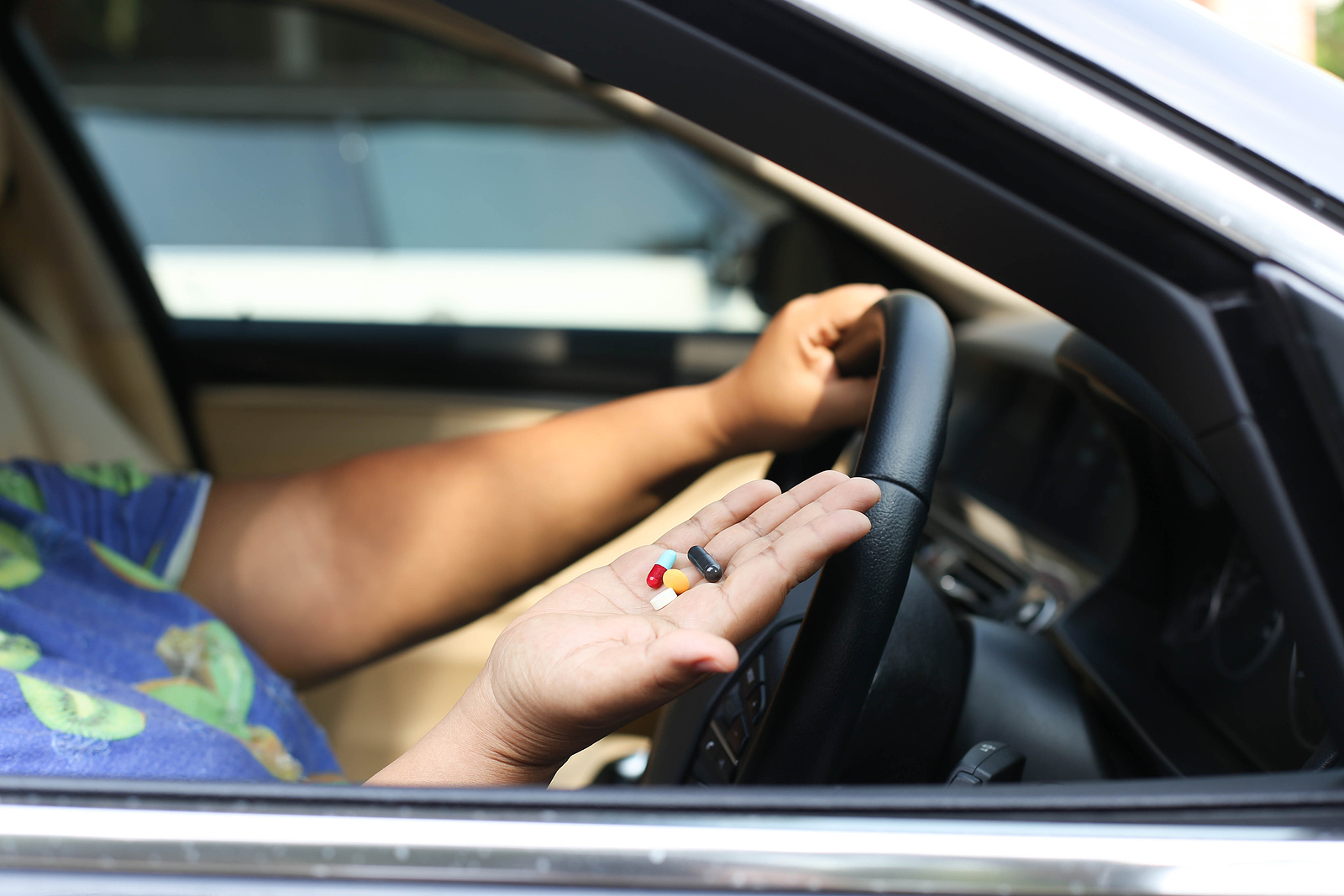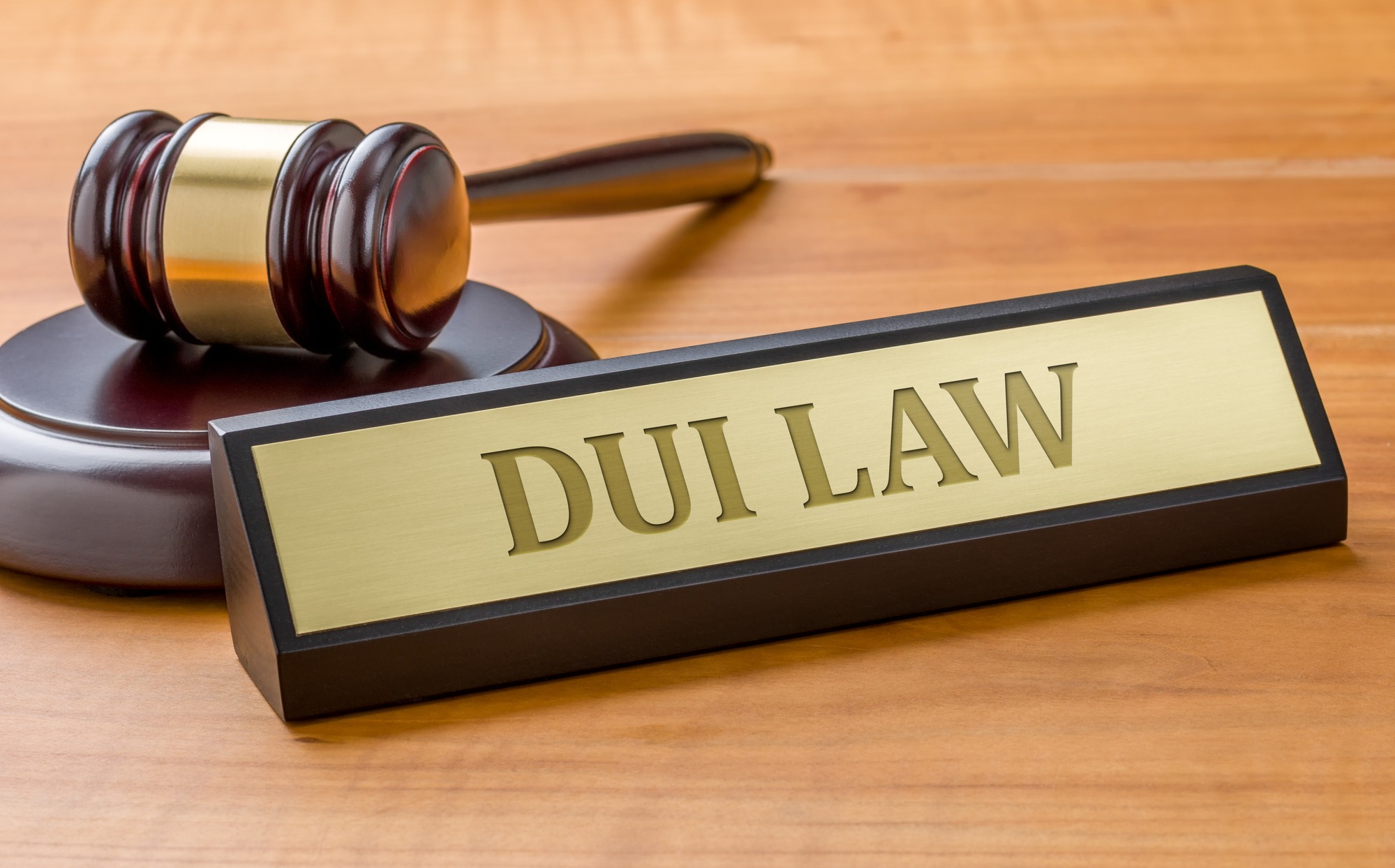Over-the-Counter Medications and DUI Charges
In California, you can be charged with a DUI for driving under the influence of alcohol or drugs but also for over-the-counter medications. This surprises many drivers who assume that because these medications are legal and easily accessible, they are safe to use in any context. Understanding how over-the-counter medications can lead to DUI charges is essential to ensuring you drive safely and avoid legal trouble.
What Is DUI in California?
Under California law, you can be charged with a DUI for driving while impaired by alcohol, drugs, or a combination of both. California Vehicle Code Section 23152(b) sets a blood alcohol concentration limit of 0.08% for alcohol. However, for drugs, including over-the-counter medications, there is no specific concentration threshold. Law enforcement may charge you with a DUI if they believe your ability to drive is impaired due to a substance, regardless of whether it is legal or over-the-counter.
How Over-the-Counter Medications Can Impair Driving
Many assume that over-the-counter medications are safe to use while driving because they are readily available without a prescription. While these medications are legal, that does not mean they are without risk. Several types of OTC medications can impair your ability to drive.
Antihistamines
Antihistamines are commonly used to treat allergies, colds, and hay fever. However, they can also cause drowsiness, slowed reaction times, and impaired coordination. Diphenhydramine, an active ingredient in medications like Benadryl, is particularly well-known for causing significant drowsiness.
Cough and Cold Medications
Many OTC cough and cold medications contain ingredients like dextromethorphan and pseudoephedrine, which can impair judgment, cause dizziness, or lead to a sedative-like effect. When combined with alcohol, the effects can intensify.
Sleep Aids
Over-the-counter sleep aids often contain antihistamines, which can impair driving ability well into the next day, especially if taken late at night or a higher-than-recommended dose.
Understanding the Legal Risks
California law focuses on impairment rather than specific drug concentrations. DUI charges depend on whether a law enforcement officer believes your driving is impaired. If you are pulled over for erratic driving or for violating traffic laws and an officer suspects that you’re under the influence of a substance, they will likely conduct a field sobriety test.
What Happens After a DUI Arrest Involving OTC Medications?
If you are arrested for DUI while using an over-the-counter medication, you will be subject to the same legal process as a DUI for alcohol or other drugs.
Booking and Release
After being arrested, you will be processed into police custody at the police station. You may be released on bail or your own recognizance pending a court appearance, depending on the circumstances.
Court Appearance
At your court appearance, you will be formally charged with DUI. You will have the opportunity to enter a plea of guilty, not guilty, or no contest. If you plead not guilty, the case will proceed to trial unless a plea deal is negotiated.
Administrative Penalties
In addition to the criminal case, the California Department of Motor Vehicles (DMV) will impose administrative penalties that may include suspending your driver’s license. You will have ten days from the date of your arrest to request a DMV hearing to dispute the suspension.
Criminal Penalties
If convicted of a DUI, the penalties can be severe. Even a first-time DUI offense in California can result in fines, probation, mandatory DUI classes, and a license suspension. Repeat offenses carry harsher penalties, including potential jail time.
Long-Term Consequences
In California, a DUI conviction stays on your record for ten years, affecting your insurance rates, employment opportunities, and ability to drive.
Defenses Against DUI Charges for OTC Medications
Defending against DUI charges related to over-the-counter (OTC) medication use can be complex. One defense is to argue a lack of impairment, emphasizing that using OTC medication doesn’t necessarily result in impaired driving. Another approach may involve questioning the accuracy or administration of field sobriety tests, which can sometimes be flawed. In some cases, an attorney might argue that the medication was needed for health reasons and that any effects were minimal. However, this can be difficult to prove if impairment was evident. Other explanations for impairment, such as fatigue, medical conditions, or adverse road conditions, may be explored to challenge the DUI charges.
How to Avoid a DUI for OTC Medications
The best way to avoid a DUI for over-the-counter medications is to use these medications responsibly and understand their potential side effects.
- Read Labels Carefully-Always read the labels on over-the-counter medications and note any warnings related to drowsiness or impaired judgment.
- Avoid Driving if You Feel Impaired- If you experience any side effects that could affect your ability to drive, such as drowsiness, dizziness, or blurred vision, avoid driving until the effects have worn off.
- Consult with a Doctor or Pharmacist- If you have any doubts about the potential side effects of an over-the-counter medication, talk to a healthcare professional.
- Plan Ahead—If you need to take medication that may impair your driving, arrange for alternative transportation, such as using a rideshare service or asking a friend for a ride.
Patrick Silva, Attorneys at Law Defends You from Legal Medication DUI Charges
You can be charged with a DUI under California law even if the medication you were taking is legal and can be purchased at any pharmacy. If you’ve been arrested for driving under the influence of over-the-counter meds, you need Patrick Silva, Attorneys at Law on your side. We specialize in defending clients against unfair DUI charges, including those involving legal medications. Contact us at (909) 500-4819 for a free consultation.




